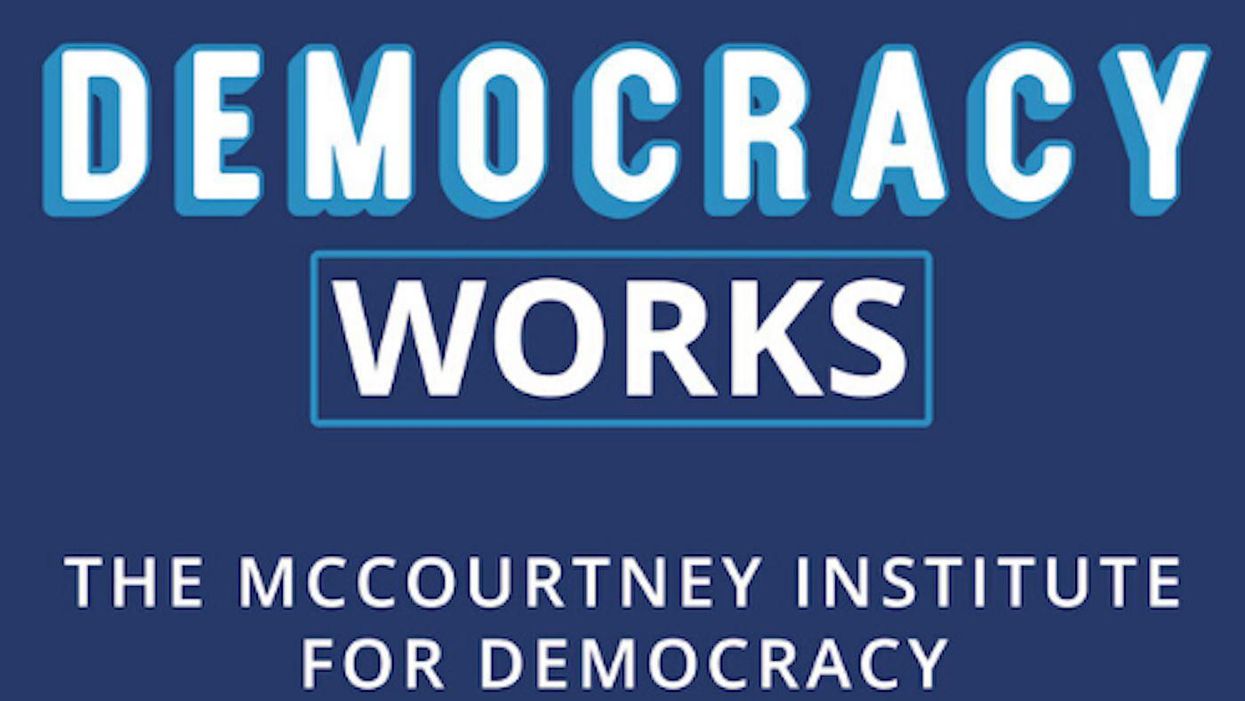We’ve talked a lot on this show about the problems that news deserts, misinformation, and information silos present to democracy. Our guest this week says these things are all downstream from a much more fundamental disconnect between the need for a free press in a democracy and the models the United States has set up to make it happen.
Victor Pickard is the C. Edwin Baker Professor of Media Policy and Political Economy at the University of Pennsylvania and author of "Democracy Without Journalism? Confronting the Misinformation Society." We discuss the history of market failures and policy choices that led to the decline of local journalism and the spread of misinformation.
Victor walks us through his vision for what a re-imagined public media ecosystem in the United States might look like and what it will take to get there. Examples like WBEZ’s recent acquisition of the Chicago Sun-Times provide examples of what’s possible. Candis and Chris discuss how Victor’s arguments about the assault on public media are similar to what we heard from Derek W. Black about public education last year.
Listen now






















Trump & Hegseth gave Mark Kelly a huge 2028 gift